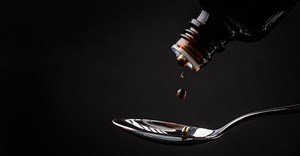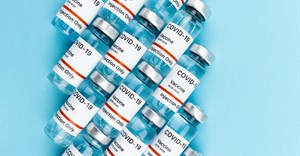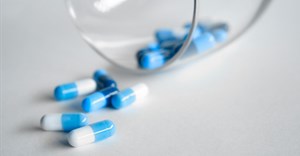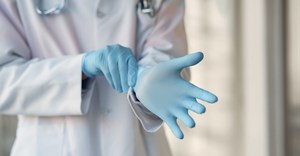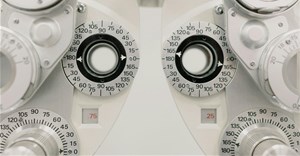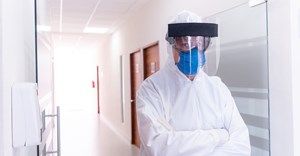Trending
Elections 2024
Jobs
- Audiologist Swellendam
- Head of Marketing Johannesburg
- Diagnostic Radiographer Cape Town
- Customer Service - UK - Work from Home Nationwide
Health Department applauds recall of contaminated health product
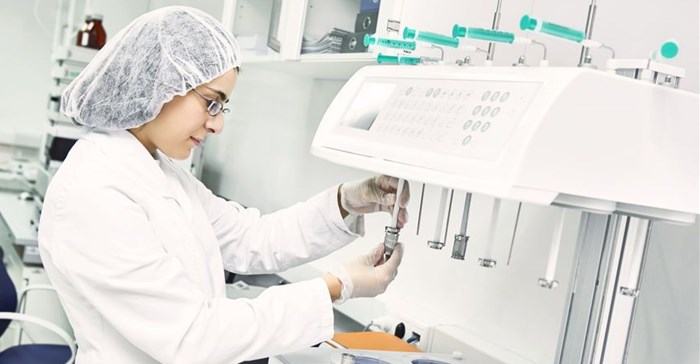
This product has been used in both public and private health facilities for medical procedures such as insertion of urethral (urinary) catheters and ultrasound-guided insertion of venous catheters.
This follows an investigation by the National Institute for Communicable Diseases (NICD) into an unusually high number of patients in hospitals across South Africa with positive cultures of a fungus called Wickerhamomyces anomalus (previously known as Candida pelliculosa).
Recognised as an emerging pathogen
The fungus is recognised as an emerging pathogen causing serious infections among immunocompromised and/or critically ill patients and among babies admitted to neonatal units.
According to the NICD, current evidence suggests that a potential source of this fungus may have been a contaminated medical lubricating jelly used by health professionals across the health system in the country.
This could have introduced the fungus into the bloodstream or other body sites in some patients.
However, it is not yet certain if all cases in this outbreak represent true infections. A proportion of these cases may represent pseudo-infections.
A pseudo-infection (a positive culture in the laboratory without a true infection in the patient) may occur, for example, if there was fungal contamination of the patient’s skin by contaminated lubricating jelly before the collection of a specimen.
Independent outbreak investigation
An independent outbreak investigation conducted by the Western Cape provincial government earlier this year revealed that clusters of cases at two Cape Town hospitals may have been linked to the use of contaminated batches of lubricating jelly sachets.
Most of the cases at one Western Cape hospital were assessed to be pseudo-infections.
This product has since been confirmed to be used by facilities with clusters of cases in several other provinces.
The NICD reviewed public-sector laboratory records from 1 January 2022 through to 4 December 2023.
During this period, 380 patients with W. anomalus-positive specimens were identified in seven provinces.
Recalled with immediate effect
The department is working closely with SAHPRA, the NICD and the manufacturer (Electro-Spyres) to ensure the product in question is no longer used and is recalled with immediate effect and that all unopened lubricant sachets or batches are returned through the usual distribution channels.
Although there are no reports of fatalities linked to this contaminated product, the continued use of the product may place the health of patients at risk.
The NICD will support hospital teams in investigating individual patient cases to establish if lubricating jelly was used for any medical procedures before the positive culture and if patients had evidence of a true infection and any adverse sequelae.
The department has alerted the provincial health authorities and clinicians to place all suspected batches on hold until further information from the ongoing investigation is known.
There is no need for members of the public to panic as the situation is under control.
Monitor patients
Healthcare professionals who have used this product have been urged to monitor their patients for any signs of an infection and to liaise with their local laboratories to check if any of their hospitalised patients have had a positive fungal culture after the use of this product.
This type of fungal infection can only be diagnosed in a laboratory.
The signs or symptoms will depend on the body site that is affected.
The recall is limited to the product called LUBRI-A (2.5g and 50g sachets) and does not affect other lubricating gel products authorised for sale in South Africa.








